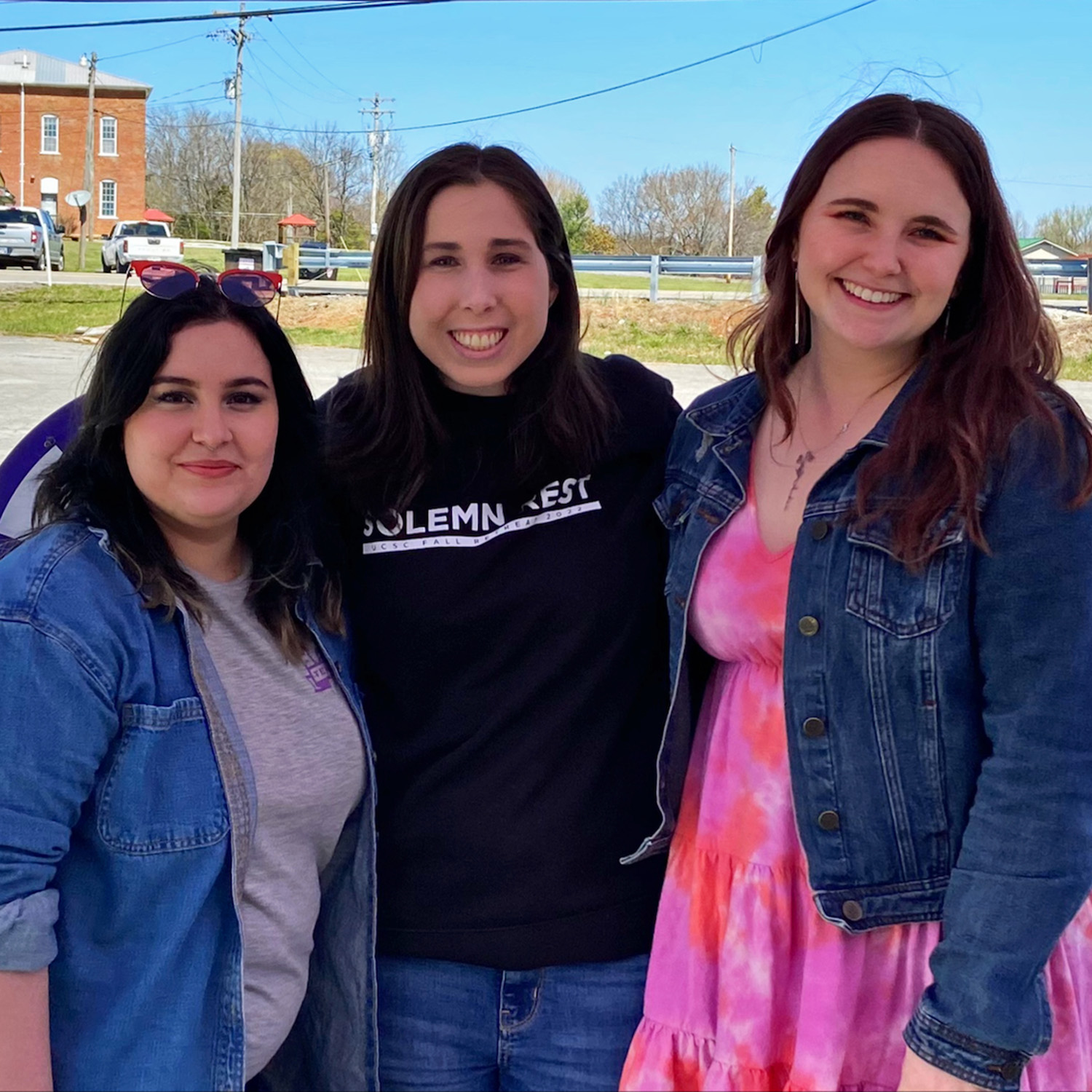Grand Challenge
Transforming Rural Communities: "Spring Into Health and Wellness" Pop-Up Event Makes Strides in the Upper Cumberland Region and Garners National Attention
 In the heart of rural Tennessee, a dedicated group of collaborators embarked on a
journey to make a real impact in the lives of families living in underserved communities.
The result? A groundbreaking initiative called "Spring Into Health and Wellness: A
Pop-Up Event." This innovative program, funded by the Rural Reimagined Faculty Grant
program at Tennessee Tech's Center for Rural Innovation, aimed to address pressing
challenges faced by residents of the Upper Cumberland region. With a grant funding
amount of $20,398, the project was set in motion.
In the heart of rural Tennessee, a dedicated group of collaborators embarked on a
journey to make a real impact in the lives of families living in underserved communities.
The result? A groundbreaking initiative called "Spring Into Health and Wellness: A
Pop-Up Event." This innovative program, funded by the Rural Reimagined Faculty Grant
program at Tennessee Tech's Center for Rural Innovation, aimed to address pressing
challenges faced by residents of the Upper Cumberland region. With a grant funding
amount of $20,398, the project was set in motion.
The primary objective of this initiative was to provide wellness-related resources to families in rural areas, equipping them with the tools and knowledge needed to cultivate healthy life skills. This endeavor involved a dynamic team of collaborators, each bringing their expertise to the table:
- Dr. Hannah Upole, College of Agriculture and Human Ecology, Design Studies
- Dr. Samantha Hutson, College of Agriculture and Human Ecology, Community Health and Nutrition
- Ms. Allison Coutinho, College of Agriculture and Human Ecology, Nutrition and Dietetics
- Ms. Amber Buckner, College of Agriculture and Human Ecology, Community Health and Nutrition
The collaborative effort set the stage for an inspiring and transformational rural-focused program. Their diverse backgrounds in human ecology, community health, nutrition, and more, allowed for a holistic approach to addressing the wellness challenges faced by rural communities. “The overarching goal of the School of Human Ecology is to be agents of well-being of children, families, and communities. We were excited to be able to partner with Rural Reimagined to bring wellness resources to Upper Cumberland communities,” said Samantha Hutson.
The project's core mission was to improve overall community wellness by focusing on crucial aspects such as healthy eating habits, financial well-being, and personal and household hygiene. As they say, knowledge is power, and understanding the importance of these facets of life can lead to healthier, more empowered individuals. “Rural communities often face challenges that you may not experience in suburban or urban areas of our state, such as food deserts and lack of access to financial planning services within a reasonable price range. This project aimed to address direct needs in these communities, such as providing shelf-stable food items and household cleaning products, which can be challenging to find in towns that are severely under resourced, in addition to more indirect resources, such as tips for building a sustainable budget and healthy food options,” noted Hannah Upole.
The significance of this initiative extended far beyond its immediate impact. It served as a pioneering pilot program, designed to provide wellness-related resources to residents of low socioeconomic rural counties in Tennessee. By collecting data, evaluating the program, and disseminating findings, the team aimed to create a sustainable and replicable model for addressing the pressing needs of rural communities. Amber Buckner said, “Being able to host these events and meeting people where they are was such an amazing experience for students and ourselves. The potential of this event is endless, and our hope is to continue to expand our reach with new, creative, impactful solutions. It also builds student desire to give back to the community and gives them inspiration to better help others in their future careers.”
A unique feature of this endeavor was its strong emphasis on education and student involvement. Undergraduate and graduate students played integral roles, gaining hands-on experience in planning, implementing, and evaluating a wellness program. Allison Coutinho added, “Integrating this grant project into an undergraduate academic course proved to beneficial to the students in several ways. Most importantly, the students relayed that their involvement in the project inspired them to search for grants and other opportunities in the future to help meet the health needs of underserved communities.” The project not only aligned seamlessly with academic courses and the goals of the Community Health and Nutrition graduate program but also furthered the mission of Rural Reimagined - to support the success of rural areas throughout Tennessee in a way that can be replicated worldwide.
As the project unfolded, graduate students took on the responsibility of developing educational materials, recipes, and handouts for each week's wellness box. They worked closely with undergraduate students who dedicated at least 50 additional hours during the semester to the project in exchange for course credit.
The hard work and dedication of this remarkable team came to fruition as they attended The Academy of Nutrition and Dietetics’ national Food and Nutrition Conference and Expo to disseminate the outcomes. The results of their efforts promised to shed light on a transformative approach to addressing the unique challenges faced by rural communities. The conference is the world’s largest meeting of food and nutrition experts. Hosting more than 10,000 registered dietitian/nutritionists and other health professionals, sessions at the meeting address important wellness related topics.
“Ultimately, we want others who are passionate about health and wellness to be able to implement elements of this program in their own communities. Through presenting at FNCE and by working with students who will work in different areas of the state as health professionals, we hope that the successes of the initiative will have a positive impact on a variety of rural communities,” commented Samantha Hutson.
More information about the Rural reimagined Faculty Grant Program can be found here.

